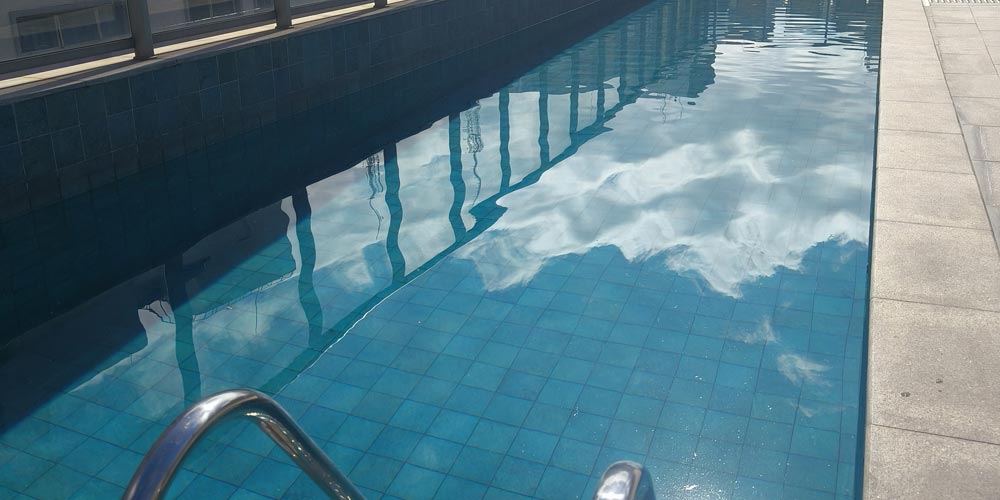When it comes to swimming pool water treatment, keeping the water pure is crucial. To achieve this goal, we often use two agents: Algicide and Pool Chlorine. Although they play similar roles in water treatment, there are actually many differences between the two. This article will dive into the similarities and differences between the two to help you better understand their respective functions so you can treat your pool water more efficiently.
Sterilization mechanism and characteristics
Chlorine: Chlorine is the general name for Cl[+1] compounds that are used for disinfection, sterilization and algaecide. It works by destroying the cell walls of bacteria and algae, affecting their protein synthesis, thereby killing or inhibiting their growth. Due to its powerful sterilization ability, Chlorine is widely used in large public swimming pools, water playgrounds and other places that require efficient disinfection.
Algicide: Unlike Chlorine, Algicide is primarily designed to target algae. Its working principle is to inhibit the growth of algae by inhibiting the nutrients required by algae or directly destroying the algae cell wall. This agent is more precise in controlling algae, so it is particularly suitable for scenarios such as home swimming pools, small water bodies or commercial aquariums that require long-term water quality maintenance.
Use and storage
Chlorine: Chlorine is usually in solid form and is easy to store and transport. During use, users need to add water regularly and make adjustments according to water quality conditions. The operation is relatively simple, just add it directly to the water for disinfection and oxidation.
Algicide: Algicide is mostly in liquid form, so special attention needs to be paid to storage containers and transportation methods. When using, select the application method according to the type of product. Some can be added directly to water, while others need to be mixed with water before adding. Algicide is suitable for long-term maintenance of water quality.
Cost and safety
Chlorine: Chlorine is relatively inexpensive, but its frequent use may cause irritation to the skin and eyes. Therefore, it is necessary to accurately control the dosage and wear appropriate protective equipment when using it.
Algicide: Easy to use and more precise control of algae.
To sum up, both Algicide and Chlorine play a key role in swimming pool water treatment. However, in practical applications, the choice of chemicals should be determined based on specific water treatment needs and water quality conditions. No matter which Pool Chemicals you choose, be sure to follow product instructions and professional advice to ensure healthy and safe water quality. Only in this way can we truly maintain this blue swimming pool or water body, so that people can enjoy the coolness while swimming with peace of mind.
Post time: May-31-2024

